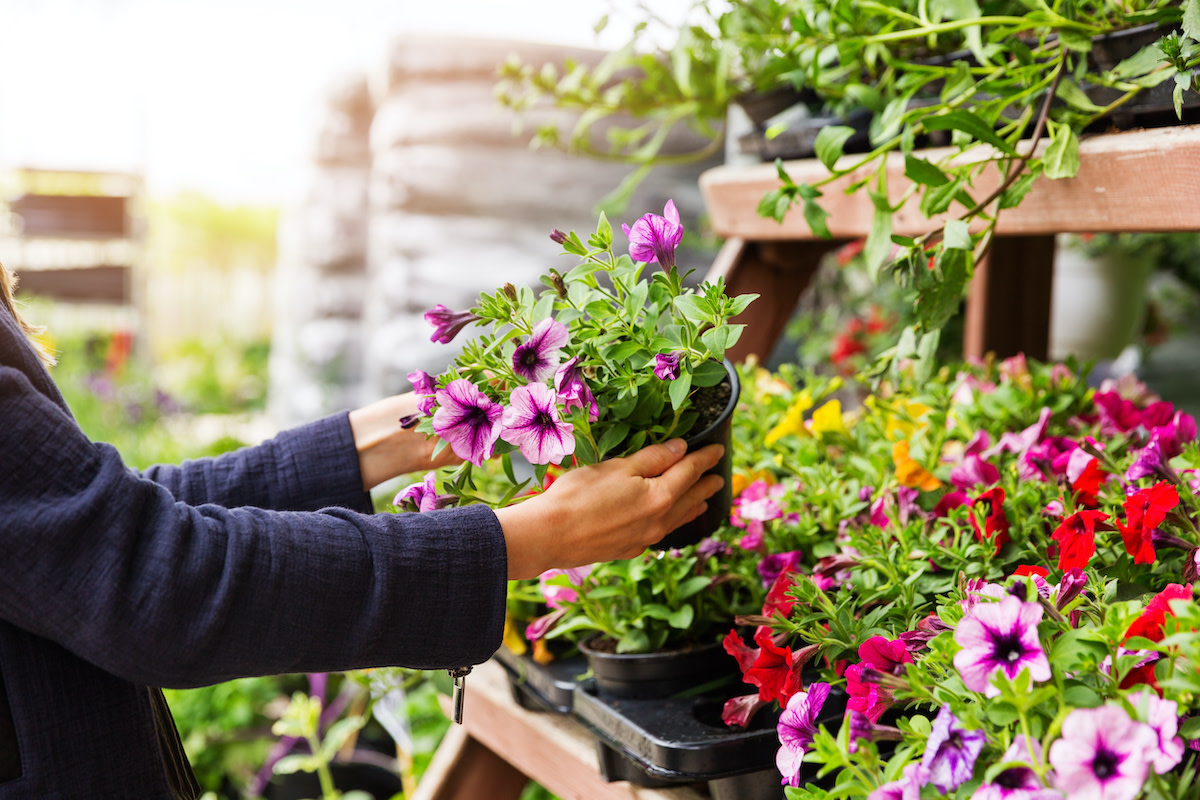Plant Cultivar vs. Variety: What’s the Difference?
Written by MasterClass
Last updated: Jun 7, 2021 • 3 min read
In the world of horticulture, the terms "variety" and "cultivar" each refer to a different type of plant.
Learn From the Best
What Is a Variety in Horticulture?
A variety refers to a variation within a plant species that develops naturally in the environment. Unlike a cultivated plant, a variety does not require human intervention to grow and reproduce. Seeds from a specific variety will often grow true to type, meaning that their offspring will retain the parent plant's unique characteristics. In the classification system of plant taxonomy, variety is a taxon that falls below species and subspecies in taxonomic rank.
There are guidelines for how to write a variety name on a plant label or in print. When writing a variety name within a plant’s full scientific name, the species name comes first followed by the abbreviation "var." followed by the variety name all lowercase and italicized. Here’s an example of how to write a variety name: Rudbeckia hirta var. pulcherrima.
What Is a Cultivar in Horticulture?
A plant cultivar refers to a variation within a plant species that has been developed by a human horticulturist through controlled plant breeding, as opposed to occurring naturally. The term “cultivar” is a portmanteau of "cultivated variety." When writing the complete scientific name of a plant cultivar, the cultivar name comes after the name of the genus and species. The cultivar name is unitalicized, set off in single quotation marks, and the first letter of each word is capitalized. Here’s an example of how to write a cultivar name: Rudbeckia hirta ‘Denver Daisy’.
To create a new cultivar, growers crossbreed parent plants that each have desirable characteristics in the hopes that their offspring will inherit those traits. Once a grower ends up with a new cultivar with the desired traits, the grower must then ensure future generations of that cultivar maintain those distinguishing characteristics. To accomplish this, the grower has to use either controlled pollination or various methods of asexual propagation (plant cloning), such as grafting, tissue culture, and cutting. If the grower tries to propagate the cultivar by seed, the offspring plant will most likely not be identical to the parent plant.
What Is a Plant Hybrid?
When two different cultivars undergo cross-pollination, the seed that those two plants produce grows a hybrid plant. Human plant breeders create most hybrid plants in order to grow a plant with positive traits from both parent plants, but plant hybridization does occur in nature without human intervention. For example, when two different plant species grow near each other, the wind or a pollinating insect can cross-pollinate the plants. This produces a hybrid seed that falls onto the ground and grows into a new hybrid plant. Even though hybrid seeds can be made randomly in nature, hybrid seeds that you purchase in stores are deliberately produced by humans.
Variety vs. Cultivar: 3 Key Differences
Varieties and cultivars both refer to a variation of a plant within a species, but there are a few key differences:
- 1. Development: Varieties develop naturally, while cultivars are developed through human intervention.
- 2. Characteristics: Seeds planted from a variety tend to grow true to type (i.e., the offspring retains the parent plant's unique characteristics), while seeds planted from a cultivar will most likely not be true to type.
- 3. Categorization: A variety name is written in lowercase and italicized font, while a cultivar name is written unitalicized inside single quotes with the first letter of each word capitalized.
What Is a Plant Variety?
The term "plant variety" has a different meaning than variety on its own. A plant variety is a legal term coined by the International Union for the Protection of New Varieties of Plants (UPOV) that recognizes certain cultivars as official plant varieties in order to grant the creator of the cultivar legal protection. This practice is commonly referred to as plant breeders' rights. The term “plant variety” describes a legally protected cultivar and should not be confused with the taxonomic rank term of variety.
Learn More
Grow your own garden with Ron Finley, the self-described "Gangster Gardener." Get the MasterClass Annual Membership and learn how to cultivate fresh herbs and vegetables, keep your house plants alive, and use compost to make your community—and the world—a better place.
